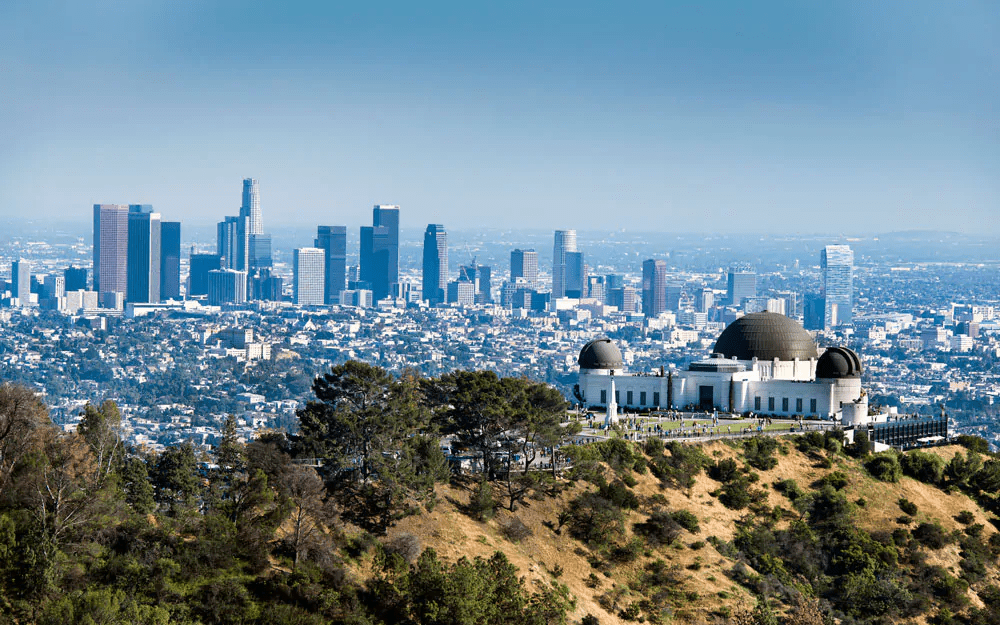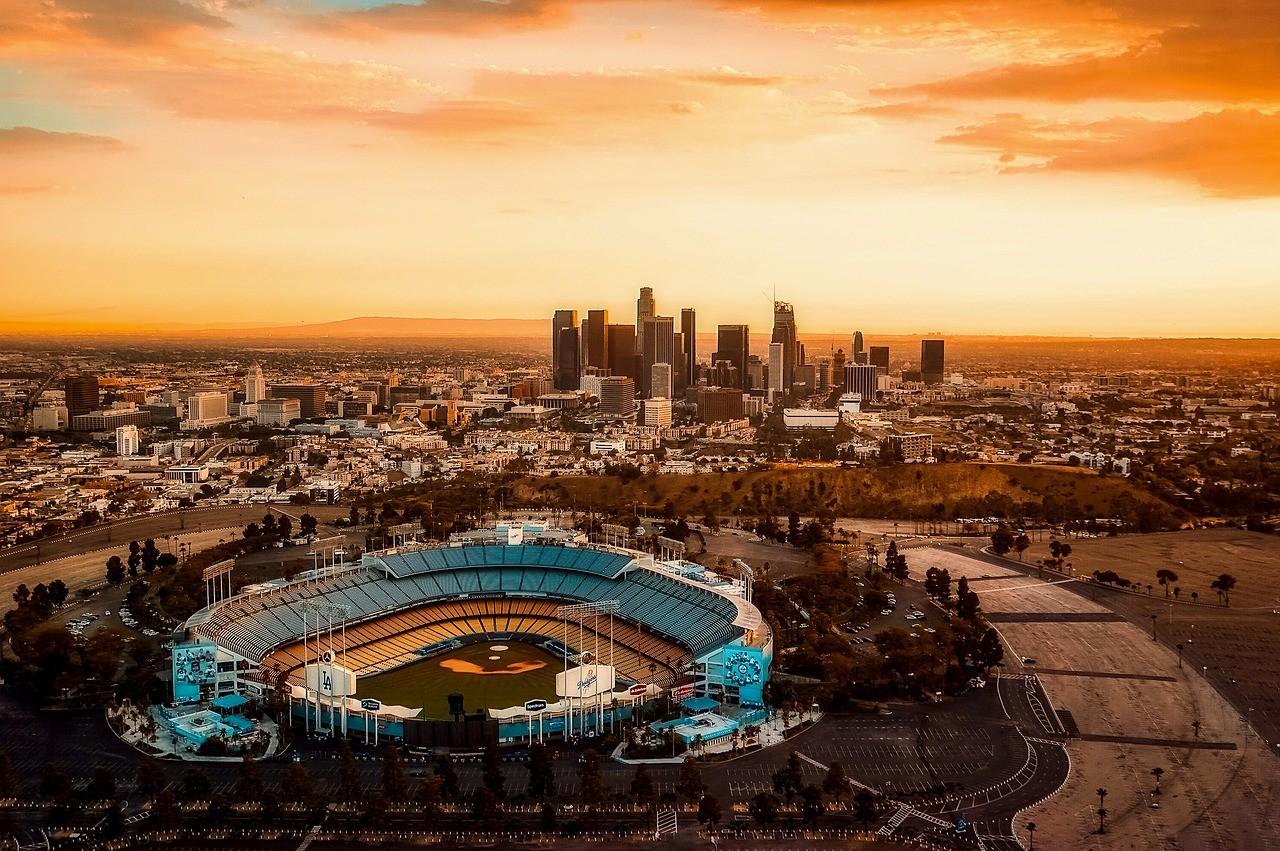Retractable Roofs in the Los Angeles Area

Los Angeles, often referred to by its initials L.A., is the most populous city in California and the second-most populous in the United States, with approximately 3.9 million residents as of 2020. It is a major commercial, financial, and cultural hub in Southern California. The city boasts a diverse population and is the principal city of a metropolitan area with 13.2 million people. Greater Los Angeles, which includes the Los Angeles and Riverside–San Bernardino metropolitan areas, is home to over 18 million residents.
Most of the city is situated in a basin in Southern California, adjacent to the Pacific Ocean, extending partly through the Santa Monica Mountains and north into the San Fernando Valley, with the San Gabriel Valley to the east.

Los Angeles covers about 469 square miles and is the county seat of Los Angeles County, the most populous county in the United States, with an estimated 9.86 million residents as of 2022. It is also the fourth-most visited city in the U.S., attracting over 2.7 million visitors in 2022.
History
The area now known as Los Angeles was originally inhabited by the indigenous Tongva people and was later claimed by Juan Rodríguez Cabrillo for Spain in 1542. The city was founded on September 4, 1781, by Spanish governor Felipe de Neve, and became part of Mexico in 1821 following the Mexican War of Independence. After the Mexican–American War ended in 1848, Los Angeles was purchased by the United States as part of the Treaty of Guadalupe Hidalgo. The city was incorporated as a municipality on April 4, 1850. The discovery of oil in the 1890s spurred rapid growth, which was further fueled by the completion of the Los Angeles Aqueduct in 1913.
Economy
Los Angeles has a diverse economy with industries ranging from entertainment to international trade. Despite a significant reduction in film and television production since the COVID-19 pandemic, L.A. remains a major center for American film production and has one of the busiest container ports in the Americas. In 2018, the Los Angeles metropolitan area had a gross metropolitan product of over $1.0 trillion, making it the third-largest GDP city in the world, after New York and Tokyo. Los Angeles hosted the Summer Olympics in 1932 and 1984 and will host again in 2028. The city is known as the creative capital of the world, with a high concentration of artists, writers, filmmakers, actors, dancers, and musicians.
Landmarks
Los Angeles’ architecture is influenced by its Spanish, Mexican, and American roots, featuring styles such as Spanish Colonial Revival, Mission Revival, Mediterranean Revival, Art Deco, and Mid-Century Modern. Notable landmarks include the Hollywood Sign, Walt Disney Concert Hall, Capitol Records Building, Griffith Observatory, Getty Center, the Los Angeles Memorial Coliseum, L.A. Live, and the Venice Canal Historic District.
Movies and the Performing Arts
The performing arts are central to Los Angeles’ cultural identity, with more than 1,100 annual theatrical productions. The Los Angeles Music Center is among the largest performing arts centers in the nation, featuring the Walt Disney Concert Hall, home to the Los Angeles Philharmonic. Hollywood is the historic center of the motion picture industry, hosting major film studios and record labels, as well as the annual Academy Awards.
Museums and Galleries
Los Angeles County has 841 museums and art galleries, more per capita than any other city in the U.S. Notable museums include the Los Angeles County Museum of Art, the Getty Center, the Petersen Automotive Museum, the Natural History Museum, The Broad, and the Museum of Contemporary Art.
Sports
Los Angeles is home to eleven top-level professional sports teams, including the Dodgers (MLB), Rams and Chargers (NFL), Lakers (NBA), Kings (NHL), and Galaxy (MLS). The city has hosted the Summer Olympic Games twice and will host again in 2028. Major sports venues include Dodger Stadium, the Los Angeles Memorial Coliseum, BMO Stadium, and the Crypto.com Arena.

Economy
Los Angeles’ economy is driven by international trade, entertainment, aerospace, technology, fashion, and tourism. The city’s ports are among the busiest in the world. As of 2018, the Los Angeles metropolitan area had a gross metropolitan product of over $1.0 trillion, making it the third-largest economic metropolitan area globally. The city is home to several Fortune 500 companies and many other major corporations.
Libraries
The Los Angeles Public Library system operates 72 public libraries within the city. Unincorporated areas are served by branches of the County of Los Angeles Public Library.
Education
Three public universities are located within the city limits: California State University, Los Angeles (CSULA), California State University, Northridge (CSUN), and the University of California, Los Angeles (UCLA).
Los Angeles remains a dynamic and influential city, with a rich history, diverse culture, and a significant impact on various industries globally.






